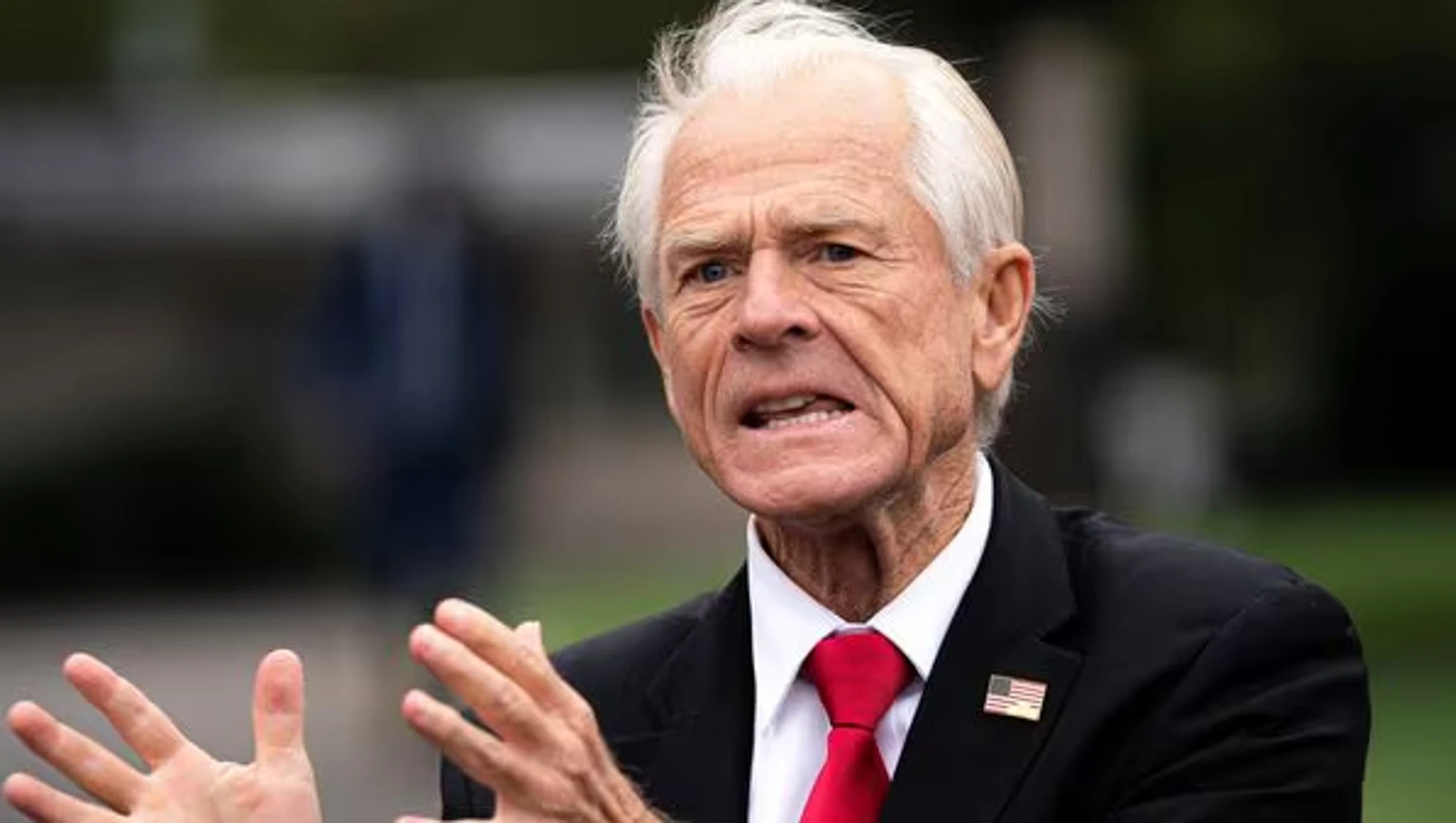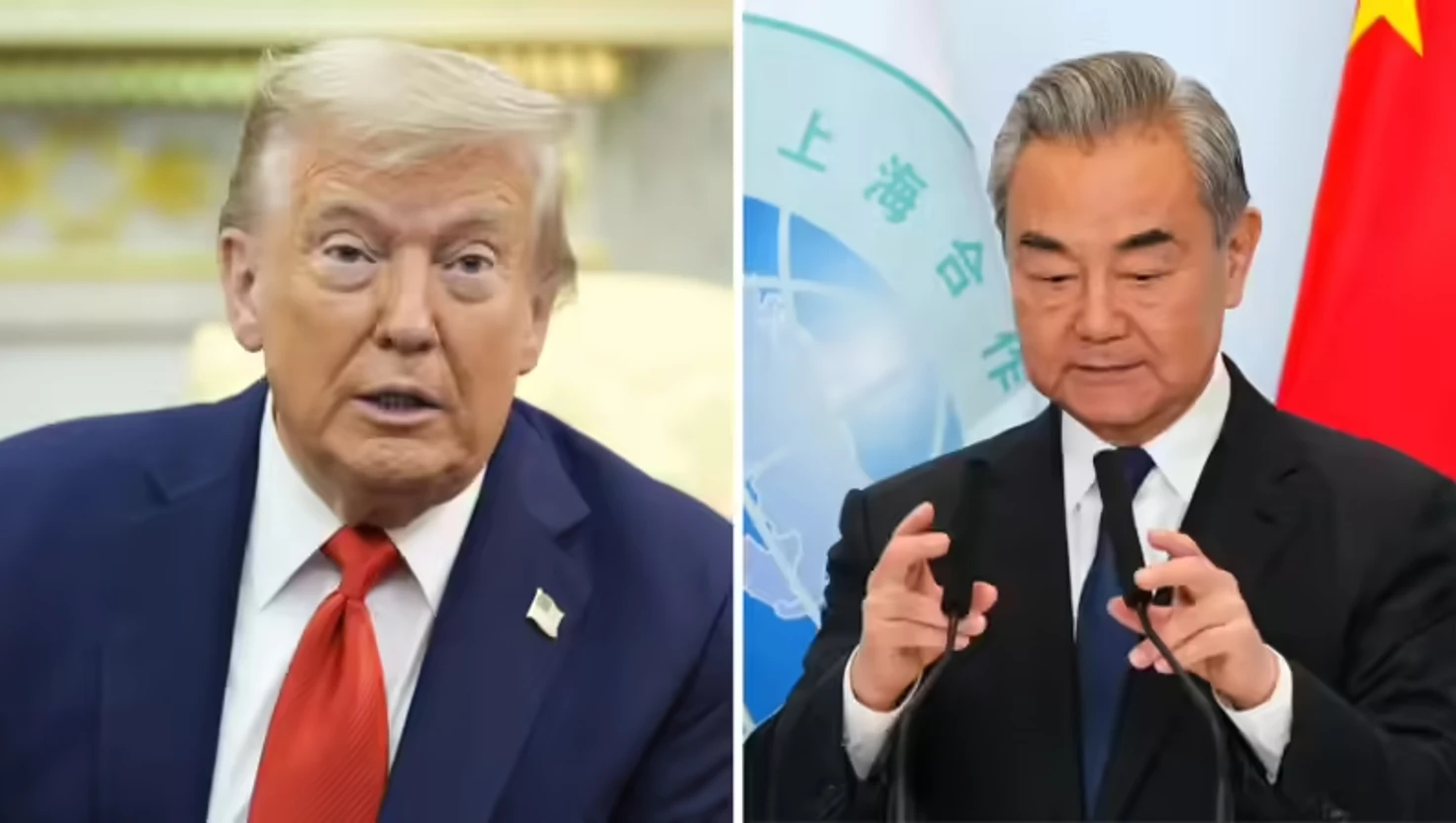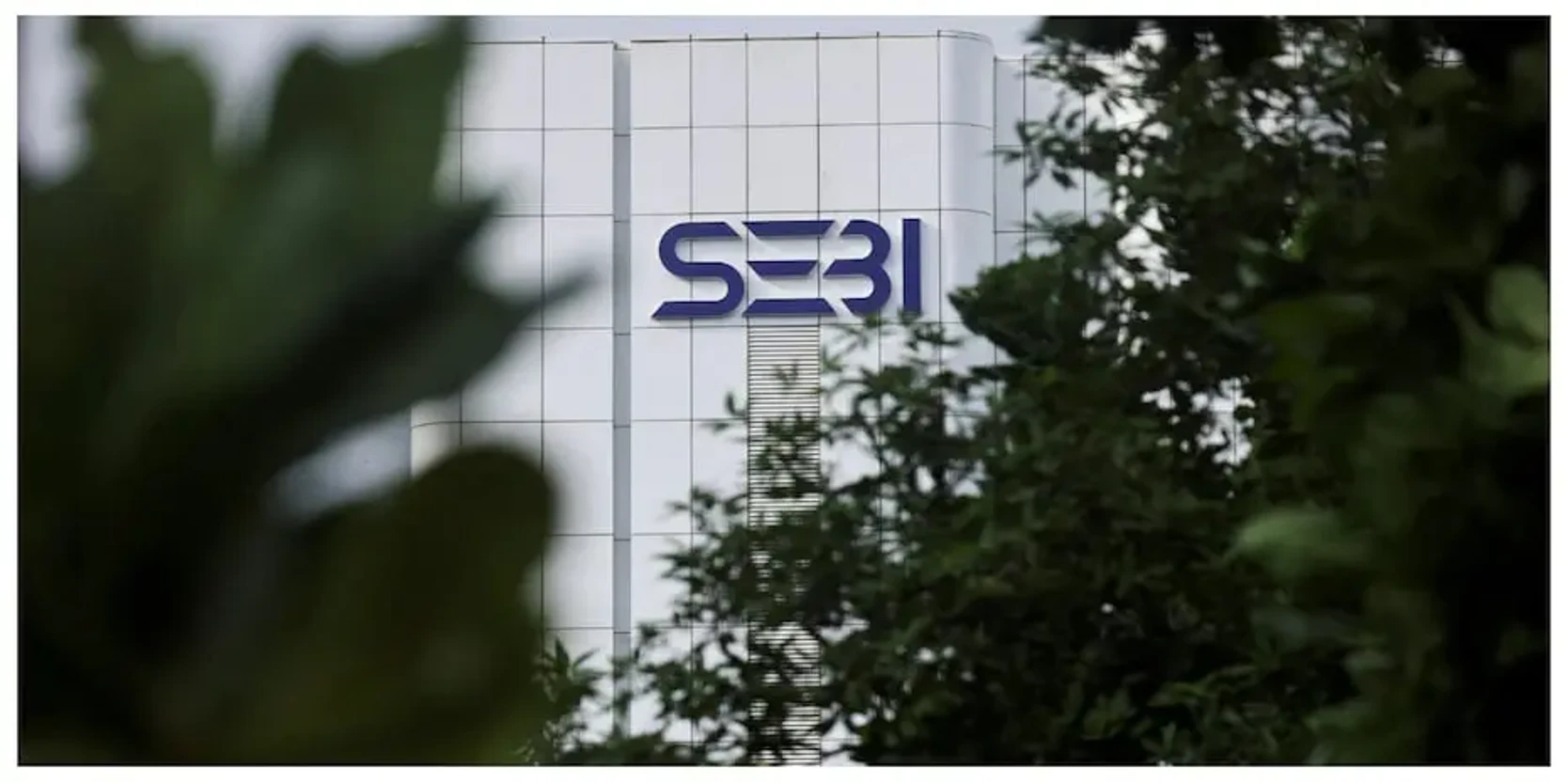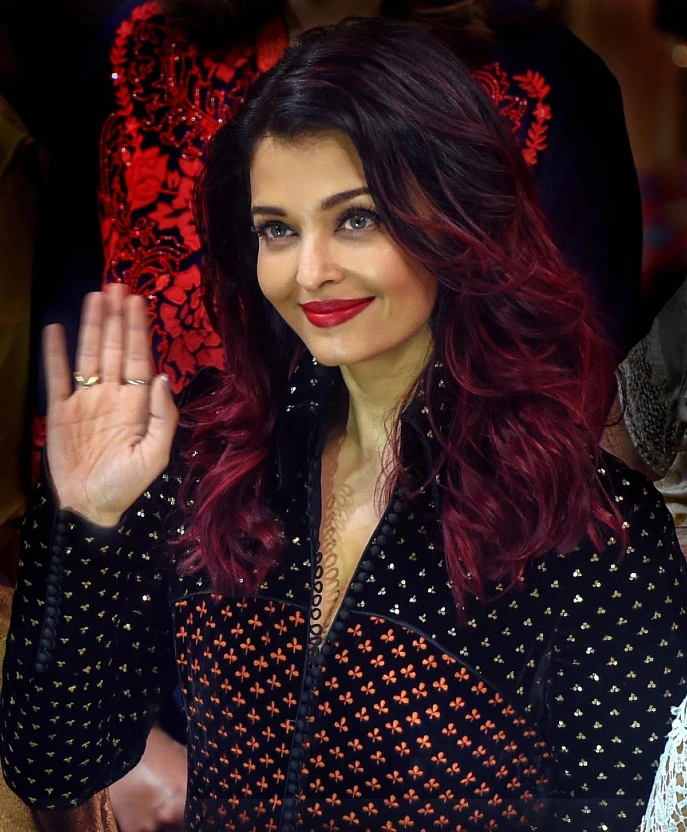Trump aide Peter Navarro again targets India over tariffs, Russian oil purchases

Trump aide Peter Navarro again targets India over tariffs, Russian oil purchases
Ahead of a key visit, the US Trade Advisor highlights concerns regarding India's trade policies and purchases of Russian oil.
Amid ongoing negotiations for a bilateral trade agreement, the United States has raised concerns about India's trade practices. Peter Navarro, a senior advisor to US President Donald Trump, made headlines by emphasising this issue just as Brendan Lynch, the Assistant US Trade Representative for South and Central Asia, arrives in India to hold discussions on trade relations.
Concerns Over Russian Oil Purchases
Navarro, speaking to CNBC International, did not hold back his criticisms. He remarked, "Indian refiners were in bed with Russian refiners immediately after the invasion" of Ukraine, suggesting a callous approach to the geopolitical situation. He further stated, "They use that money to buy Russian oil, and Russians use that to buy weapons," underscoring the US perspective on the implications of India's oil imports.
The remarks come as Lynch prepares for talks with India's chief negotiator, Rajesh Agrawal, in a bid to accelerate the negotiations that had originally aimed for a conclusion by September. Agrawal confirmed that discussions are intended to expedite the process, but details of the agenda remain undisclosed.
Trade Tariffs as a Point of Contention
The backdrop to these discussions is a significant increase in tariffs imposed by the US on Indian imports. A 25 per cent tariff came into effect at the beginning of August, with an additional tariff on imports linked to Russian oil imposed later that month. These tariffs were described by US officials as punitive measures in response to India's oil purchases, which they argue are financially supporting Russia amidst the ongoing conflict in Ukraine.
India's Ministry of Commerce has noted a deterioration in trade figures, with exports to the US declining from $8.01 billion in July to $6.86 billion in August. The full impact of the increased tariffs will likely become more evident in the following month's data.
Negotiation Timeline and Challenges
Dialogue between the US and India regarding a potential trade agreement has been ongoing since March and April. Navarro pointed out that one of the reasons for imposing tariffs was attributed to the slow pace of negotiations. However, Indian leaders have reservations about US demands, particularly regarding the opening of India's agricultural and dairy sectors to American imports. Prime Minister Narendra Modi has expressed commitment to safeguarding the interests of farmers.
In previous negotiations, US representatives have illustrated frustrations, suggesting that India's high tariffs and non-tariff barriers pose notable challenges. One US official asserted, "Tomorrow's talks will be a precursor to the sixth round of negotiations," indicating the ongoing push for an agreement.
Statement from US Officials
In a recent update, Commerce Secretary Howard Lutnick stated that the US expects India to lower its tariffs in order to facilitate better trade relations. He indicated that the US market is significant, which means that competitive access is crucial for India's economic interests. Private statements from Trump have described the ongoing dialogues as positive, noting a desire for a fruitful relationship between the nations.
Response from Indian Leadership
In contrast, Prime Minister Narendra Modi, responding to ongoing US critiques, positioned the trade negotiations as part of the larger narrative of friendship between India and the United States. He stated, "I am confident that our trade negotiations will pave the way for unlocking the limitless potential of the India-US partnership."
With both nations attempting to reach a compromise, the outcome of these discussions could significantly impact economic relations moving forward, especially as they aim to achieve a foundational agreement by October or November.
As US officials prepare to engage in discussions, the global community will be observing the dynamics of this crucial partnership.
Concerns Over Russian Oil Purchases
Navarro, speaking to CNBC International, did not hold back his criticisms. He remarked, "Indian refiners were in bed with Russian refiners immediately after the invasion" of Ukraine, suggesting a callous approach to the geopolitical situation. He further stated, "They use that money to buy Russian oil, and Russians use that to buy weapons," underscoring the US perspective on the implications of India's oil imports.
The remarks come as Lynch prepares for talks with India's chief negotiator, Rajesh Agrawal, in a bid to accelerate the negotiations that had originally aimed for a conclusion by September. Agrawal confirmed that discussions are intended to expedite the process, but details of the agenda remain undisclosed.
Trade Tariffs as a Point of Contention
The backdrop to these discussions is a significant increase in tariffs imposed by the US on Indian imports. A 25 per cent tariff came into effect at the beginning of August, with an additional tariff on imports linked to Russian oil imposed later that month. These tariffs were described by US officials as punitive measures in response to India's oil purchases, which they argue are financially supporting Russia amidst the ongoing conflict in Ukraine.
India's Ministry of Commerce has noted a deterioration in trade figures, with exports to the US declining from $8.01 billion in July to $6.86 billion in August. The full impact of the increased tariffs will likely become more evident in the following month's data.
Negotiation Timeline and Challenges
Dialogue between the US and India regarding a potential trade agreement has been ongoing since March and April. Navarro pointed out that one of the reasons for imposing tariffs was attributed to the slow pace of negotiations. However, Indian leaders have reservations about US demands, particularly regarding the opening of India's agricultural and dairy sectors to American imports. Prime Minister Narendra Modi has expressed commitment to safeguarding the interests of farmers.
In previous negotiations, US representatives have illustrated frustrations, suggesting that India's high tariffs and non-tariff barriers pose notable challenges. One US official asserted, "Tomorrow's talks will be a precursor to the sixth round of negotiations," indicating the ongoing push for an agreement.
Statement from US Officials
In a recent update, Commerce Secretary Howard Lutnick stated that the US expects India to lower its tariffs in order to facilitate better trade relations. He indicated that the US market is significant, which means that competitive access is crucial for India's economic interests. Private statements from Trump have described the ongoing dialogues as positive, noting a desire for a fruitful relationship between the nations.
Response from Indian Leadership
In contrast, Prime Minister Narendra Modi, responding to ongoing US critiques, positioned the trade negotiations as part of the larger narrative of friendship between India and the United States. He stated, "I am confident that our trade negotiations will pave the way for unlocking the limitless potential of the India-US partnership."
With both nations attempting to reach a compromise, the outcome of these discussions could significantly impact economic relations moving forward, especially as they aim to achieve a foundational agreement by October or November.
As US officials prepare to engage in discussions, the global community will be observing the dynamics of this crucial partnership.

Maruti Suzuki Victoris Debuts in India with 5-Star Safety Rating
The Maruti Suzuki Victoris SUV launches in India, starting at Rs 10.50 lakh, boasting a 5-star safety rating from Global NCAP.
| 2025-09-16

China Slams Trump's Tariff Threat over Russian Oil; Decries US Appeal to NATO
U.S. President Donald Trump calls on NATO members to cease Russian oil purchases as China rebuts proposed tariffs over its energy dealings.
| 2025-09-15

Surge in H3N2 Influenza Cases Reports in Delhi Hospitals
Delhi hospitals report a rise in H3N2 influenza cases, prompting health officials to urge vigilance and protective measures amidst ongoing illness.
| 2025-09-14

SEBI Eases IPO Regulations for Large Companies and Foreign Investors
The Securities and Exchange Board of India relaxes IPO requirements while introducing new frameworks aimed at foreign investors and compliance.
| 2025-09-13

Delhi High Court Rules on Personality Rights of Actors Abhishek and Aishwarya Rai Bachchan
The Delhi High Court safeguards the personality rights of Bollywood actors Abhishek and Aishwarya Rai Bachchan from unauthorised online exploitation.
| 2025-09-13




